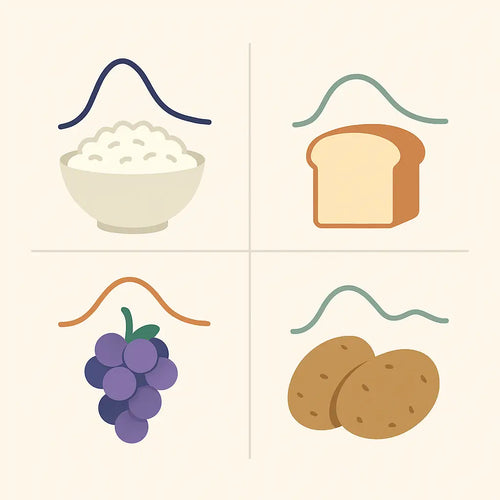Low grade inflammation and oxidative stress have been found to increase the risk of cancer (Suhr YJ, et al. 2005). The cell signaling component NF-kappaB involved in the inflammatory response has been implicated in the development of cancer. The natural compound curcumin has been found to reduce NF-kappaB. Research using breast cancer cells found that curcumin decreased metastasis and it indicates that the reason was for this was that curcumin affects NF-kappaB (Bachmeier BE, et al. 2008). Regular curcumin is not well absorbed and is metabolically not that stable. These are the reasons why regular curcumin has a limited therapeutic effect. New and more effective formulations are however now available, greatly improving the effect of curcumin (Mimeault M, Batra SK, 2011). Since oxidative stress also increases the risk for cancer it makes sense to take an effective antioxidant. The body makes the antioxidant glutathione which is very effective, but it makes less as we get older. We are, however, using more glutathione as we get older and when we are exposed to more oxidative stress. You can take glutathione as a supplement, but regular reduced glutathione, which has been available for many years, produces little if any results, since it is oxidized (destroyed) in the stomach. There is however other ways to take glutathione now. S-acetyl glutathione is glutathione in a form that is not oxidized in the stomach, but gets to the tissue it needs to protect.
Effective S-Acetyl Glutathione
Glutathione is your primary defense against aging, but regular glutathione is oxidized (destroyed in the stomache) and provides little value. S-Acetyl Glutathione is easily absorbed and provides protection.
Better Curcumin

Research has documented the many benefits of curcumin (found in turmeric spice), but regular curcumin is hard to absorb. Our formula improves the intake of this beneficial substance into the cells.










